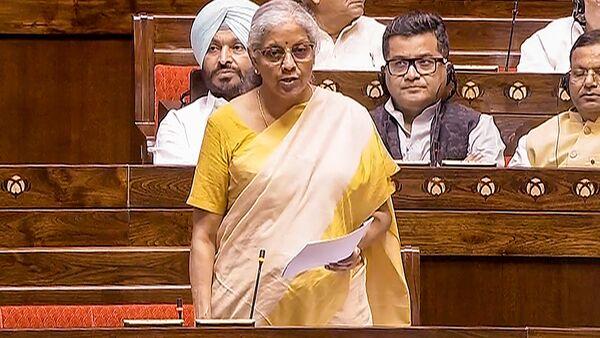Lagatar24 Desk
New Delhi: Union Finance Minister Nirmala Sitharaman introduced the Banking Laws (Amendment) Bill, 2024, in the Lok Sabha on Friday, aiming to bring significant changes to India’s banking regulations. The bill seeks to address various aspects of banking operations, ensuring that the sector adapts to evolving financial landscapes and remains robust.
Key Changes in the Banking Laws (Amendment) Bill 2024:
- Increased Nominee Options: One of the key amendments proposed in the bill is the increase in the number of nominees per bank account from the current one to four. This change aims to provide more flexibility and ease in the management of bank accounts.
- Redefinition of ‘Substantial Interest’: The bill proposes a revision in the definition of ‘substantial interest’ for directorships in banks. The threshold, which has remained at ?5 lakh for nearly six decades, is likely to be increased to ?2 crore, reflecting the current economic context.
- Flexibility in Auditor Pay: Another significant change is the provision allowing banks more autonomy in determining the pay for statutory auditors. This is expected to improve the quality of financial oversight by ensuring that auditors are fairly compensated for their services.
- New Regulatory Reporting Dates: The bill suggests altering the regulatory reporting schedule for banks, shifting from the current practice of reporting on the second and fourth Fridays of each month to the 15th and last day of each month. This adjustment aims to streamline reporting and enhance regulatory compliance.
- Comprehensive Legal Amendments: The Banking Laws (Amendment) Bill, 2024, seeks to amend several foundational laws, including the Reserve Bank of India Act, 1934, the Banking Regulation Act, 1949, the State Bank of India Act, 1955, and the Banking Companies (Acquisition and Transfer of Undertakings) Acts of 1970 and 1980. These changes are intended to modernize the legal framework governing banking operations in India.
Finance Bill 2024:
In related developments, the Lok Sabha recently approved the tax proposals outlined in the union budget for FY25, along with additional amendments presented by Finance Minister Sitharaman. One notable change is the restoration of the inflation adjustment benefit when taxing gains from property sales.
The Finance Minister emphasized that these amendments reflect the government’s commitment to broad-based consultation and ensuring that the budget aligns with the aspirations of the common man. A significant proposal allows taxpayers selling long-term capital assets, such as land or buildings acquired before July 23, to compute the applicable tax on capital gains under either the new scheme at 12.5% without indexation or the old scheme at 20% with indexation. Taxpayers can choose the option that results in the lower tax liability.






